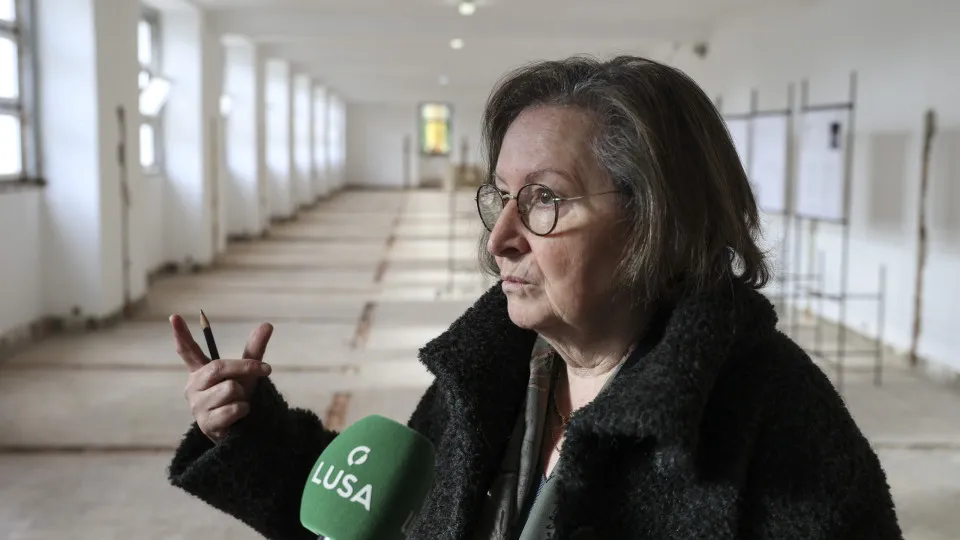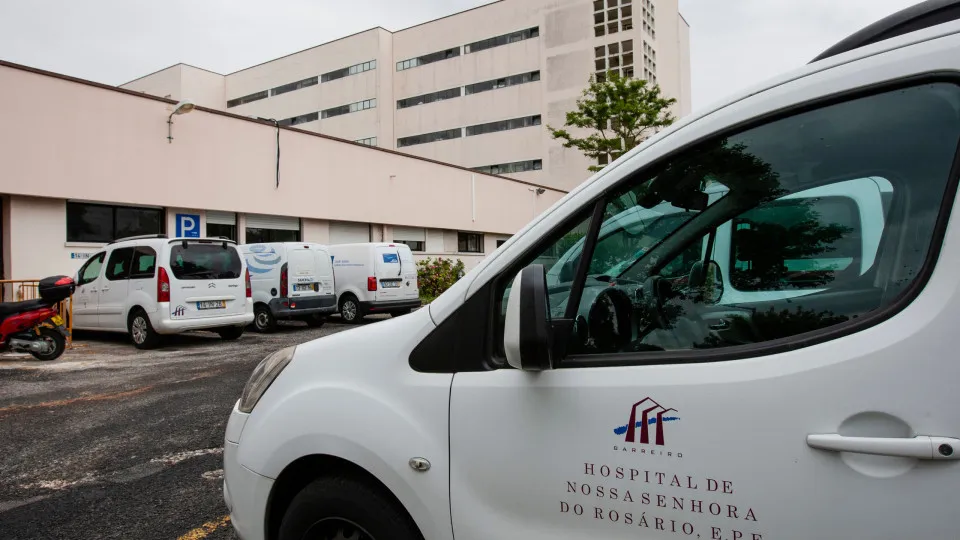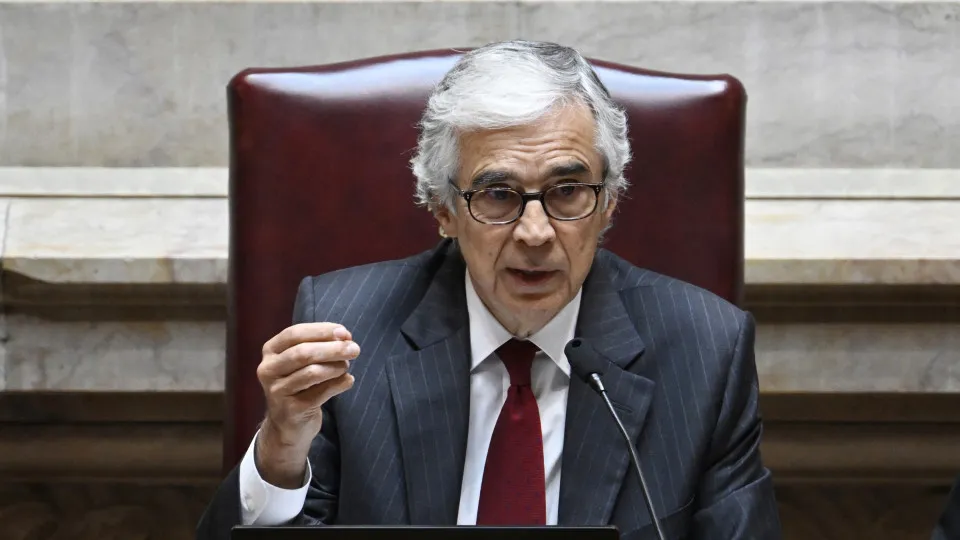
A position was addressed to the President of the Republic, signed by the rectors of the universities of Coimbra and Minho, Amílcar Falcão and Rui Vieira de Castro, and of ISCTE, Maria de Lurdes Rodrigues, as well as the vice-rectors for research at the University of Lisbon and ISCTE, Cecília Rodrigues and Jorge Costa.
Among the researchers, the statement was also signed by the president of the Institute of Molecular Pathology and Immunology of the University of Porto, Manuel Sobrinho Simões, and Mário Figueiredo from the Telecommunications Institute.
The ongoing reform at the Ministry of Education, Science and Innovation (MECI) and the creation of the Agency for Investigation and Innovation (AI2), which will absorb the responsibilities of FCT and the National Innovation Agency (ANI), are central to this issue.
The dissolution of the FCT has sparked controversy, and in the position sent to the President of the Republic, where the government’s decree-law is pending promulgation, the rectors and researchers expressed criticism of what they see as a “radical break” and criticized the manner in which the executive conducted the process.
“There is a consensus within the scientific community on the need to improve the functioning of funding agencies (FCT and ANI) and to enhance the mechanisms for valuing knowledge among companies and public organizations. However, the recognized issues do not justify the radical measure of dissolving the FCT,” they argue in the text accessed by Lusa.
Emphasizing that the two entities have distinct missions, the signatories contend that their consolidation into a single agency “finds no support in international recommendations or practices” and fear it may compromise the production of scientific knowledge.
Although the decree-law establishing AI2 was approved by the Council of Ministers at the beginning of September, details about how the new agency will operate remain unknown. Consequently, rectors and researchers speak of a lack of transparency, claiming that the scientific community was not consulted and that the opinions and diagnoses justifying the reform are yet to be disclosed.
They refer to an opinion by the National Council for Science, Technology, and Innovation (CNCTI), published in August, which they claim contains the conceptual bases for the reform, but identify several gaps within it.
According to the signatories, the opinion in question does not substantiate the identified problems, such as the alleged fragmentation of the national scientific system, nor does it address the characteristics of the Portuguese economy, transformation trends, or the underfunding of Research and Development (R&D), which is below the target of 3% of GDP.
They also point out that the CNCTI report mentions the evaluation of the 2025 European Innovation Scoreboard, which classifies Portugal as a “moderate innovator,” without addressing weaknesses such as the deficit of R&D investment in the public sector and companies, or conversely, the high state support to companies through R&D tax benefits.
The rectors and researchers also raise legal and administrative concerns regarding the transfer to an entity in the business sector of the state’s responsibilities currently managed by the FCT, which is presently a public institute.
In a recent meeting between the authorities and directors of research units, the MECI clarified that the new agency would follow the governance model of ANI (a limited company) with a General Assembly.
“It would be this assembly, and not the Government, deciding on the financing, functioning, and development of the national scientific system,” they criticize, also expressing concern about the shared oversight between MECI and the Ministry of Economy and Territorial Cohesion.
“Decisions aimed at putting science exclusively at the service of the economy in the short term jeopardize, in the long run, science and the production of knowledge in all areas and do not guarantee the sustained economic development sought,” they argue.
In another opinion on the dissolution of the FCT, the Center for Mathematical Studies (CEMS) of the Faculty of Sciences of the University of Lisbon also warned about the “hollowing out of more theoretical research policies that are not solely driven by commercial purposes or take time to impact society”.
When the Government announced the restructuring of MECI’s services, the President of the Republic indicated that if he had any doubts “about any point” relating to the dissolution of the FCT, he would ask the Government to reconsider the decree and, if the executive persisted, he might veto the decree.




